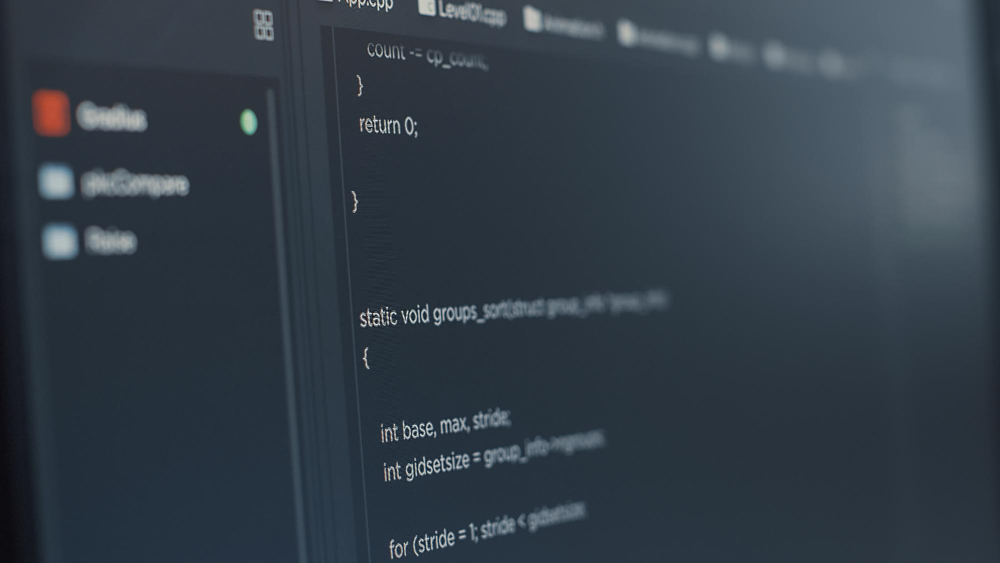Programming Basic

Course Content
Introduction to Programming Concepts
-
Overview of programming languages and their significance
00:00 -
Understanding algorithms and their role in programming
00:00 -
Introduction to flowcharts and pseudocode
00:00 -
Exploring the software development life cycle
00:00 -
Importance of logical thinking in programming
00:00 -
Introduction to problem-solving techniques
00:00 -
Introduction to Integrated Development Environments (IDEs) and code editors
00:00
Variables and Data Types
Operators and Expressions
Control Flow: Conditional Statements (if-else, switch):
Control Flow: Loops (for, while)
Functions and Modular Programming
Arrays and Lists
String Manipulation
Input and Output
Error Handling and Debugging
ntroduction to Object-Oriented Programming
Classes and Objects
Inheritance and Polymorphism
File Handling and Manipulation
Introduction to Algorithms and Problem Solving
Recursion
Sorting and Searching Algorithms
Introduction to Data Structures (Stacks, Queues)
Introduction to Web Development (HTML, CSS)
Student Ratings & Reviews

No Review Yet